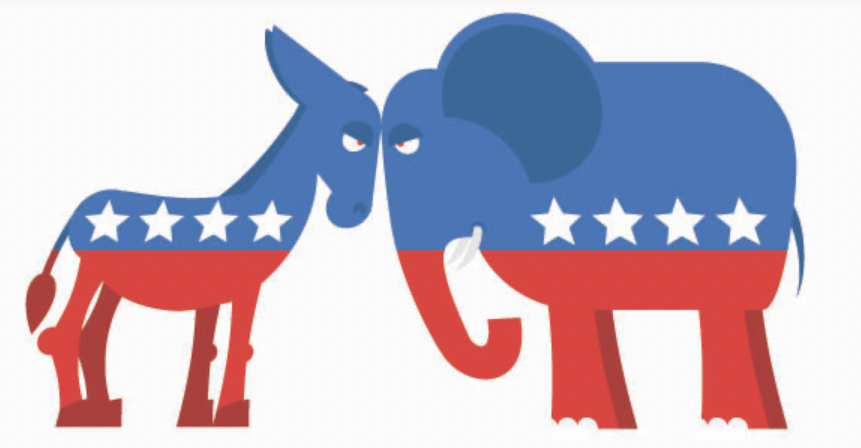
The Kentucky Lantern reports on a recent decision issued by the Kentucky Attorney General determining that the Office of the Governor violated the open records law when his office partially denied a request for records related to school closures during the pandemic.
https://kentuckylantern.com/2023/01/19/ags-office-beshears-office-viola…
The decision has evoked outrage on both sides of the political aisle.
It is unlikely that either Andy Beshear or Daniel Cameron were directly involved in the open records dispute — or that either even knew about it. In general, open records responsibilities are delegated to staff.
We can infer very little about Daniel Cameron or Andy Beshear based on the January 17 open records decision.
As Lantern reporter McKenna Horsley correctly observes:
"In election season, it is not unusual for political parties to request public documents from opposing officials. Earlier this month, the Office of the Attorney General rendered a decision that the city of Somerset violated the Open Records Act (https://www.ag.ky.gov/Resources/orom/2023-OROM/2023/23-ORD-003.pdf) when failing to adequately respond to requests from Kentucky Democratic staffers within five business days. Somerset Mayor Alan Keck is also seeking the Republican nomination for governor. The office also weighed in last year on appeals from Kitchen (https://www.ag.ky.gov/Resources/orom/Pages/2022-OROM.aspx) regarding the Office of the Attorney General and the Department of Agriculture, which is currently led by another gubernatorial Republican candidate Commissioner Ryan Quarles."
It is unclear on what basis the Governor's spokesman claims that the Attorney General "changed the rules of the game during the appeal process. Our office was never given the opportunity to respond to the specific request they ruled on.”
Notice of the appeal was clearly issued to the Governor's office per state regulation. Any dispute about the issues on appeal -- including whether Southard's clarification of his request in his letter of appeal constituted a new request -- could have been raised in the supplemental response to that appeal submitted by the Governor's office to the OAG.
https://apps.legislature.ky.gov/law/kar/titles/040/001/030/
It is equally unclear on what basis the Republican Party of Kentucky asserts that the Governor's partial denial of Southard's request is proof that Beshear “is trying to hide [something] about his pandemic response” after “stonewalling” the GOP spokesman's open records request.
The Office of the Governor issued a timely response, produced some documents, and withheld others on the basis that Southard's request was over broad
and imposed an unreasonable burden on the agency. The OAG rejected the latter claim in a well-reasoned decision that relies on past open records decisions. The Office of the Governor and Southard can appeal that decision to the Franklin Circuit Court.
The Office of the Attorney General issues hundreds of open records decisions every year. It is one of the great advantages of Kentucky's open records law that the public is afforded an opportunity for review of a public agency's denial of an open records request without going to court and incurring associated costs.
https://apps.legislature.ky.gov/law/statutes/statute.aspx?id=51394
Once again, if the Governor thinks the decision goes too far, he can appeal. So can Southard, if he thinks the decision doesn't go far enough.
But both parties should tone down the rhetoric. The election season is still relatively young and -- if the current trend continues -- many more open records decisions lie ahead.



